Master Composter Program Top Weekly Takeaways - Week 5
Oct 19, 2022
I really didn't know what to expect when I signed up for this program, but I've been a fan of the Solana Center for a long time. In addition, I knew I had a lot to learn to better compost my family's food scraps and yard waste. In short - we kind of stank at it. Literally, our compost always stank and was sludgy.
So, the verdict?
The Master Composter Course has been an AWESOME hands-on, mind-expanding, and soul (and soil) filling experience. It delivered on so many levels, and for someone without extensive botany and chemistry background, it sparked my interest in all the amazing composting science magic. Plus, the people. The educators and presenters were all incredibly knowledgeable and passionate about caring for the planet. The other students also seemed to share a similar desire to make a positive impact, and I found the whole group to be truly inspiring.

On that note, please look at my top takeaways from our last Saturday together of this session.
Week 5 Juicy Composting Tidbits of Learning
- Your compost might be considered done if it is brown, broken down, crumbly, cooled, and with an earthy fragrance. Don't, however, put this magical mixture straight into your garden. It still needs 3-4 weeks to cure.

- Curing your compost allows the beneficial bacteria to create more nitrogen and nutrients that your plants can absorb.
- If you have allowed your compost to cure, and no new material has been added, you can add compost into your garden or yard without sifting.
- Compost can be used as a topsoil amendment, added as a side-dressing to plants (placed around the side or base of a plant, and with some added water to help surrounding soil absorb the nutrients), or mixed within a potting soil (no more than 40%) for your raised bed or potted plants.
- California State Senate Bill 1383 (SB 1383) is coming to San Diego, which is a state-wide effort that will allow for the curbside collection of food scrap waste in addition to your yard and green waste. San Diego residents should look for information in the mail about this incredible and responsible movement. If done right, we'll all be able to help decrease the waste sent to our landfills and, within that process, releases a massive amount of air pollutants that not only affect climate change but also contribute to health conditions, such as asthma.

That's it for now, but not the end of my journey with this program. To complete the full certification, I'll be volunteering 30 hours within the community at events, schools, and future courses offered by the Solana Center. There are so many opportunities to get involved and learn more!
If you've followed along these last five weeks. Thank you, and I hope it inspires you to try composting or, if you're like me, research to learn more about it.


